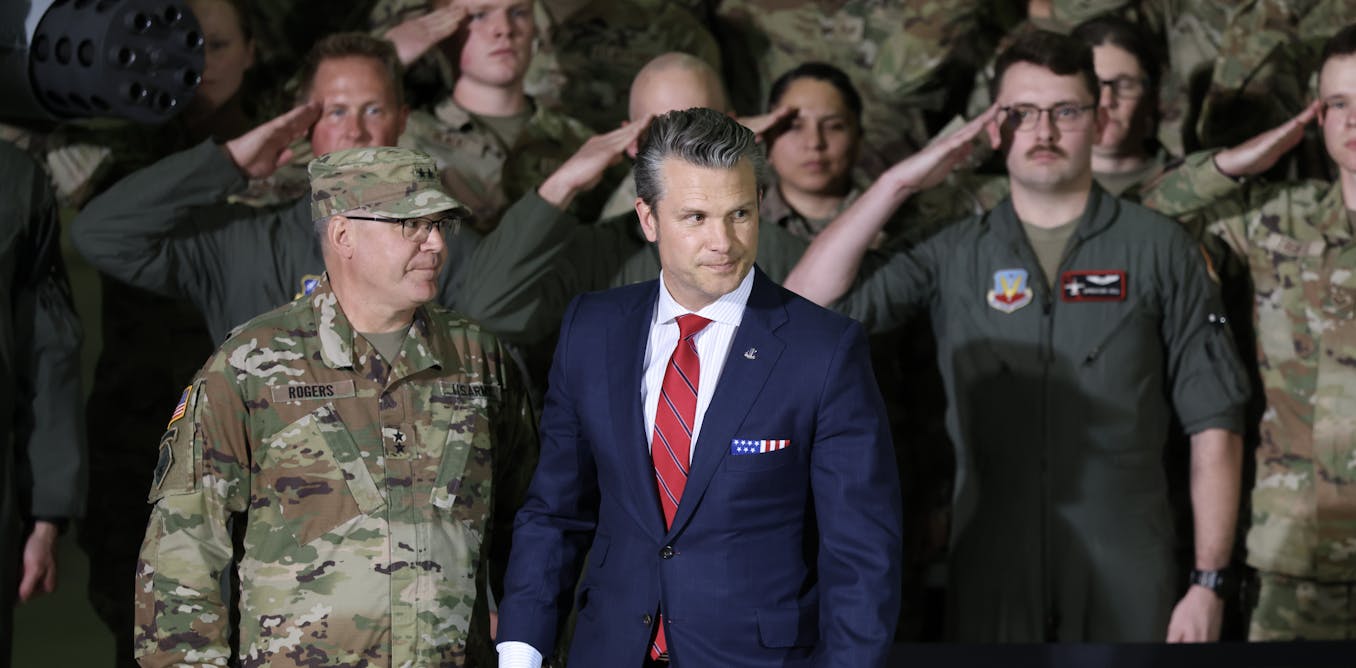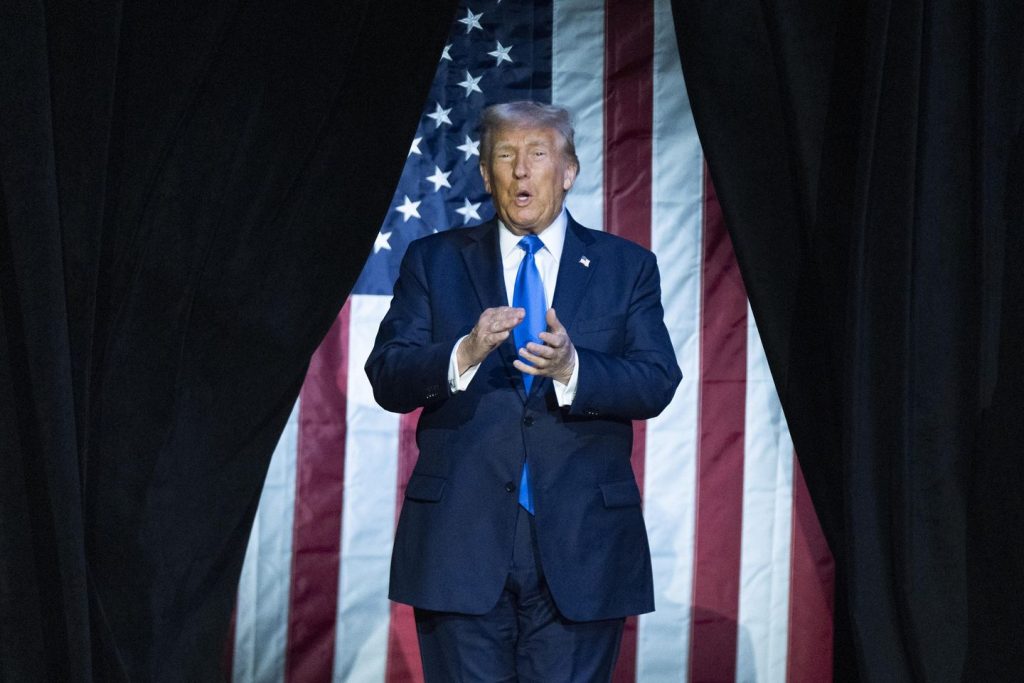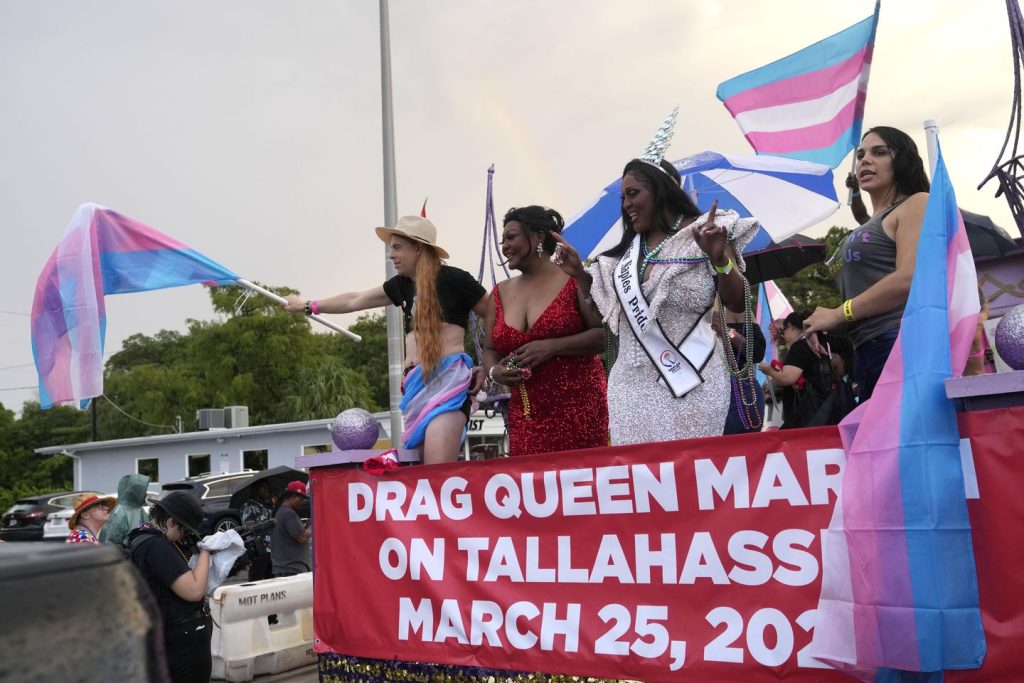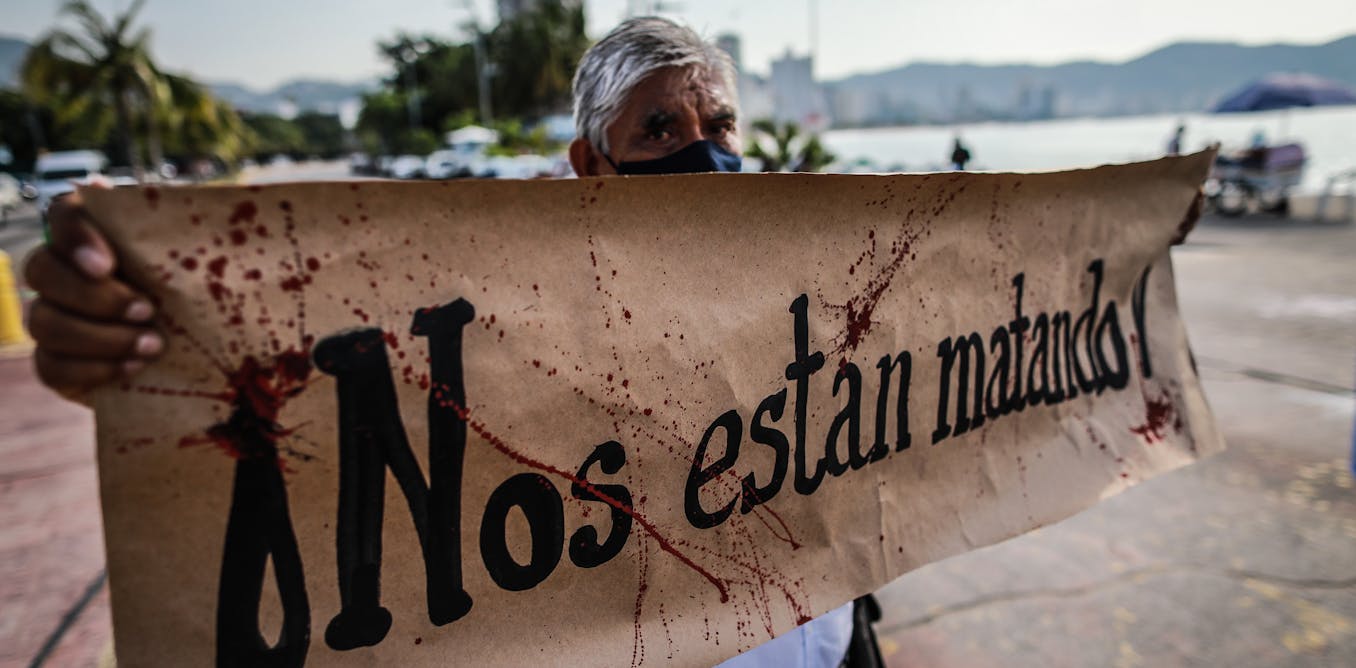Now Reading: How the US ‘war on woke’ and women risks weakening its own military capability
-
01
How the US ‘war on woke’ and women risks weakening its own military capability
How the US ‘war on woke’ and women risks weakening its own military capability

US Defense Secretary Pete Hegseth proudly ended the Women, Peace, and Security (WPS) program this week, marking a new battleground in the “war on woke.” The initiative, stemming from a 2000 UN resolution, aimed to boost women’s involvement in public institutions, especially in security and peace-making roles.
The WPS agenda seeks to grasp how women, men, boys, and girls experience war, peace, and security differently to enhance operational effectiveness and support gender equality, seen as vital for peace. It stresses increasing women’s participation and safeguarding non-combatant women, notably against conflict-related sexual violence.
Terminating the program as part of a broader diversity, equity, and inclusion battle implies that national security and military strength clash with promoting racial and gender equality. It suggests certain individuals are unfit to be “warfighters” and that anything beyond basic skills undermines readiness and combat ability, ideas contradicted by history and evidence.
This move, aligning with a trend excluding transgender personnel, eradicating mental resilience training, and downplaying the military contributions of women and minorities, projects an ideal soldier as straight, white, fit, stoic, and male. Yet, individuals of diverse backgrounds have served their nations honorably.
Despite resistance to women and minorities in the military, research shows diverse teams yield greater success. Minority groups have excelled in military units, like the New Zealand Māori Battalions, while women have proven their worth in conflicts like Iraq and Afghanistan, offering unique skills such as intelligence gathering.
Competence in the military isn’t tied to sex, gender, sexuality, or ethnicity but to a blend of skills, education, physical prowess, mental agility, experience, interpersonal abilities, and leadership qualities. A monocultural, hypermasculine military may foster harassment or bullying, hindering effectiveness.
Modern warfare demands a broader skill set beyond traditional infantry tasks, emphasizing intelligence, cyber operations, and humanitarian aid roles. National strategies now stress training ethical and compassionate soldiers for successful mission execution, requiring a diverse military force.
Ending the Women, Peace, and Security program risks impeding military evolution, potentially reducing operational effectiveness, situational awareness, and problem-solving in conflicts. Hegseth’s decision could hinder progress towards a more inclusive military, critical for the future of military operations and global security.





